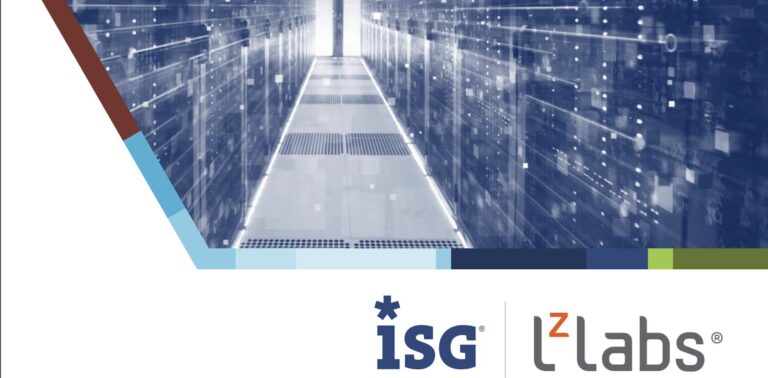Zurich, 3 April 2018 – LzLabs today announced that it has appointed Colin Gray as Senior Vice President (SVP) of Global Sales. Colin brings with him over 25 years of leadership experience in both start-up and established business environments and joins LzLabs to drive global commercial opportunities as the organization continues to build on its European customer base.
Prior to joining LzLabs, Colin held roles as Vice President EMEA at Moogsoft and Vice President & General Manager, EMEA, at Arbor Networks. Colin will be responsible for developing the LzLabs customer pipeline, accelerating revenue streams and leading sales and pre-sales teams across all customer engagements. He will also drive LzLabs’ sales strategy and execution globally, with a principal focus on Western Europe during 2018. In his new role, Colin will be supported by pre and post-sales teams located across LzLabs’ European offices.
“I’m delighted to join the LzLabs team and to be part of the Software Defined Mainframe revolution,” says Colin Gray, SVP, Global Sales. “The Software Defined Mainframe is the only viable choice for businesses seeking to rehost their mainframe applications and data, unchanged, on modern platforms. These organizations find themselves increasingly unable to compete against more agile, innovative and ‘born on the web’ competitors. LzLabs has an impressive roster of customer opportunities and retains huge talent across the full spectrum of delivery in this area. I couldn’t be more excited to join this world-class team and help liberate organizations from legacy to accelerate their digital transformation journeys.”
Mark Cresswell, CEO, LzLabs adds, “Colin will play an instrumental role in the growth of LzLabs and is a critical addition to the leadership team. We appointed Colin based on his experience, energy and track record in building rapidly-growing revenue streams for innovative software companies across key European markets. His appointment will support us greatly in the next phase of our vision to free organisations from the practical and commercial constraints of their legacy systems, whilst enabling them to move core applications seamlessly to open, more powerful and cost-effective modern computing infrastructures.”
